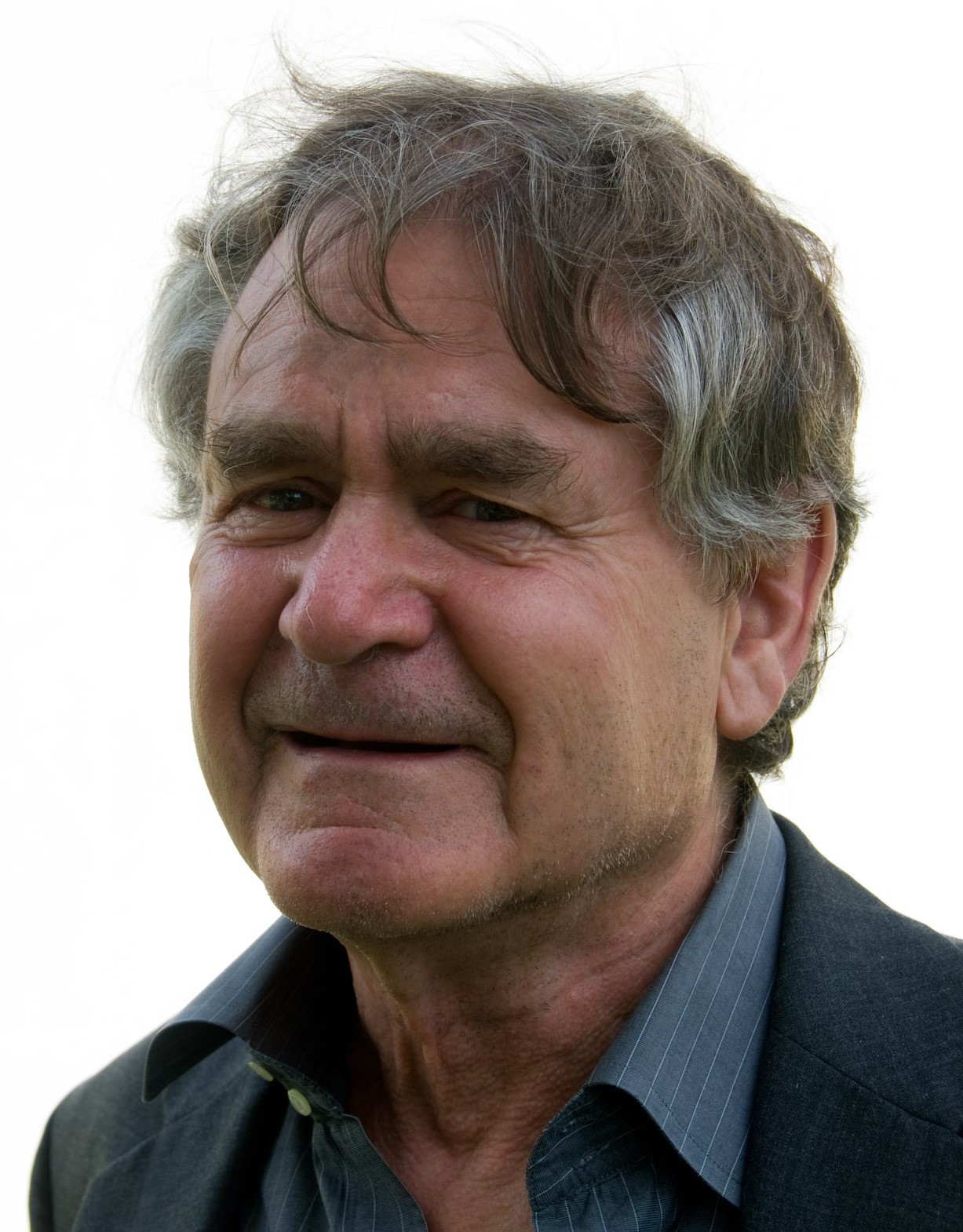Breadcrumb
Professor Ian Macdougall Hacking, 1936-2023

It is with regret that the death on 10 May is reported of Professor Ian Macdougall Hacking, C.C., Ph.D.; F.B.A., F.R.S.C., Canadian philosopher whose area was the philosophy of science.
Most of Hacking’s career was in his native country, but his standing was universal. His most senior position was in Toronto. In 1981 he became Professor of Philosophy at the University of Toronto, and was latterly University Professor, the highest honour that university grants to faculty, from 1991 to 2003, then Emeritus. He held the Chair de philosophie et histoire des concepts scientifiques, Collège de France, 2000–06, and was thereafter Professeur honoraire. He was the first Anglophone to be elected to a permanent chair by the Collège.
Hacking was born in Vancouver in 1936. His father was a supercargo in the Port of Vancouver. His higher education started with mathematics and physics at the University of British Columbia (B.A., 1956); and he worked at gainful employment as a trainee geophysicist with oil companies in Alberta to pay his way. Next he went, as a Commonwealth Scholar, to Trinity College, Cambridge (Moral Sciences Part II: First Class; B.A., 1958; M.A., 1962; Ph.D., 1962). His research supervisor was Casimir Lewy. He was to become an Honorary Fellow of Trinity from 2000.
His first academic employment was in 1960 as an instructor at Princeton University, followed, after a year, by an assistant professorship at the University of Virginia. He was a Stone Research Fellow of Peterhouse from 1962 to 1964. He then became an Assistant Professor, later an Associate Professor of Philosophy, at the University of British Columbia, 1964–69, and was seconded to Makerere University College, Uganda in 1968-69.
He returned to Peterhouse as a Supernumerary Fellow and Director of Studies in Philosophy from 1969 to 1974. At this period he was a University Lecturer. In 1971 he was an acting Tutor of Peterhouse. He returned again as a Visiting Fellow in 1979/80. He was finally made an Honorary Fellow from 2005. His Cambridge period included taking part in the marches of the Campaign for Nuclear Disarmament (C.N.D.) to Aldermaston: he was formerly shown in a photograph on his web site carrying a Canada banner. He was also called as a witness at the trial after the Garden-House riot of 1970.
From his teaching position at Cambridge in 1974 he moved to Stanford University as a Fellow at the Center for Advanced Study in the Behavioral Sciences; and he was a Professor from 1975 to 1982, Henry Waldegrave Stuart Professor of Philosophy, 1981 to 1982. From 1982 to 1983 he was at the Center for Interdisciplinary Research at Bielefeld in West Germany. After retirement from Toronto, from 2008 to 2010 he was a professor of philosophy at the University of California Santa Cruz. His final post was in 2011 as a visiting professor at the University of Cape Town. He was a Visiting Fellow at All Souls College, Oxford.
He became a Fellow of the American Academy of Arts and Sciences in 1991. He was awarded several honorary degrees; and he won the Gold Medal for Achievement in Research of the Social Sciences and Humanities Research Council of Canada, 2008; the Ludvig Holberg International Memorial Prize, 2009; Austrian Decoration of Honour for Sciences and Arts, 2012; Balzan Prize for Epistemology and Philosophy of Mind, International Balzan Prize Foundation, 2014. He was also a Guggenheim Fellow and a Killam Fellow.
Hacking’s thought was fundamental to the contemporary understanding of the philosophy of science: he worked on the philosophy of probability, the philosophy of mathematics, the philosophy of language, the philosophy of mental illness, of social construction, and the philosophy of history.
His first philosophical interest was existentialism. He thought of F.R. Leavis and his followers as forming his moral outlook. Hacking came up to Trinity in 1956, five years after Wittgenstein’s death, the year his Remarks on the Foundations of Mathematics was published; and he had a room in Whewell’s Court, where Wittgenstein had lived. Though Wittgenstein was dead, Hacking could not avoid encountering his thought. His research supervisor, Lewy, used to walk with Wittgenstein. Hacking wrote on the philosophy of mathematics. Hacking’s first book, written during his Research Fellowship, was, however, The Logic of Statistical Inference (1965), on probability.
Hacking’s other books were: A Concise Introduction to Logic (1972); Why Does Language Matter to Philosophy? (1975); The Emergence of Probability (1975; 2nd ed., 2006); Representing and Intervening (1983); The Taming of Chance (1990); Le Plus pur nominalisme: L’énigme de Goodman: ‘vleu’ et usages de ‘vleu’ (1993); Rewriting the Soul: multiple personality and the sciences of memory (1995); Mad Travelers: reflections on the reality of transient mental illnesses (1998); The Social Construction of What? (1999); Probability and Inductive Logic (2001); Historical Ontology (2002); Why is There Philosophy of Mathematics At All? (2014). His books have been translated into more than a dozen languages. He produced hundreds of articles and regularly wrote for the press. His work has been influential beyond the discipline of philosophy, in the social sciences and humanities, and the theoretical sciences, and in mathematics.
He married: (1) 1963 Laura Anne Leach: one son and two daughters; (2) Nancy Cartwright; (3) 1983 Judith Baker (died 2014).
© P. Pattenden



